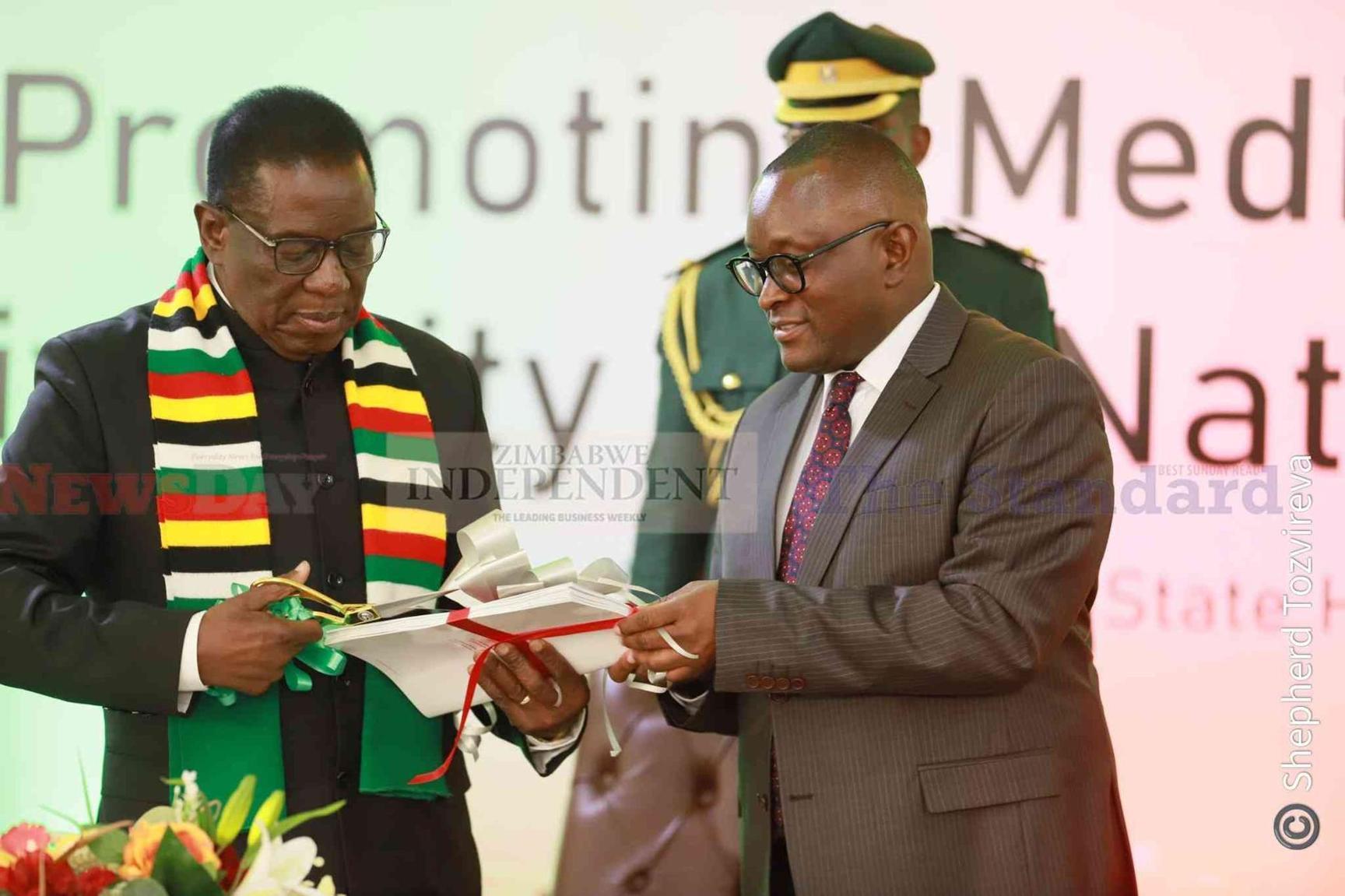Africa-Press – Zimbabwe. THE recently launched Zimbabwe Media Policy does not address the existential threats facing independent media, the Zimbabwe Independent Journalism Fund (ZIJF) has warned.
President Emmerson Mnangagwa launched the policy, which seeks to reshape Zimbabwe’s information ecosystem amid growing concern over sustainability, disinformation and misinformation and disruptions brought about by artificial intelligence and other emerging technologies.
In a statement yesterday, ZIJF said the policy set out ambitious aims to create a dynamic and inclusive media landscape but reiterates longstanding aspirations without providing firm commitments on the most critical issue today.
“While the policy makes ambitious claims about fostering a vibrant, inclusive media ecosystem, it largely recycles long-standing aspirations without providing concrete guarantees for the one issue that matters most in our current context: the economic survival of independent media,” the fund said.
“The policy’s six pillars cover familiar ground, digital innovation, access to information, local content promotion, but it is the pillar on economic sustainability that we view as the critical test of political will.
“For decades, Zimbabwe’s media sector has operated in an increasingly hostile economic environment marked by revenue collapse, lack of investment and a narrow advertising market skewed in favour of State-aligned platforms.”
The media advocacy group said the idea of a media fund was promising in theory, adding that its effectiveness was undermined by a lack of clarity regarding its governance.
“The policy’s proposed media fund, while welcome in theory, is undermined by a troubling lack of detail on its governance, allocation mechanisms and safeguards against politicisation.
“Without genuine guarantees of editorial independence and equitable access, the fund risks becoming another tool for entrenching State influence rather than enabling diverse, resilient media voices.
“We are further concerned by the policy’s emphasis on ‘defending national interests’ and ‘media sovereignty’, language which, without clear protections for Press freedom, may serve as a pretext to muzzle critical journalism, particularly in the digital space.”
ZIJF also called on the government to establish an independent, multi-stakeholder board to oversee the media fund.
“Ensure that media sustainability interventions are inclusive of small, rural and alternative media players. End discriminatory advertising practices and create incentives for fair competition across the media landscape,” it said.
For More News And Analysis About Zimbabwe Follow Africa-Press






